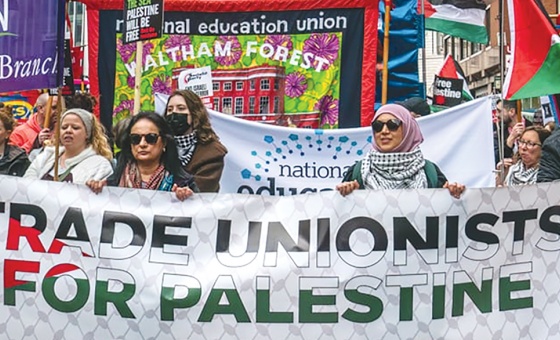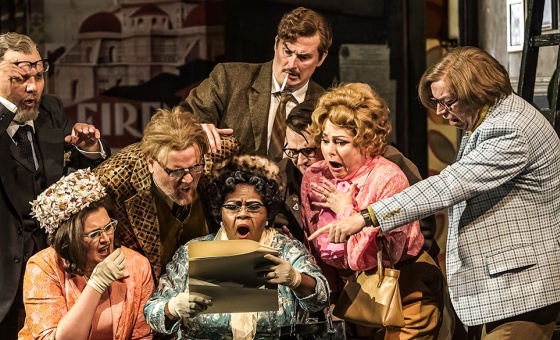This is the last article you can read this month
You can read more article this month
You can read more articles this month
Sorry your limit is up for this month
Reset on:
Please help support the Morning Star by subscribing here
THE England men’s football team resume their quest to win a first-ever European Championship this weekend when they face Serbia on Sunday night.
Gareth Southgate has chosen an exciting group of attacking talent for the tournament in Germany, where they will begin with games against Serbia in Gelsenkirchen, Denmark in Frankfurt, and Slovenia in Cologne in Group C.
Scotland, meanwhile, began their Group A campaign last night against hosts Germany in Munich, where Steve Clarke’s mantra of “respect everyone, fear no-one” will have been put to the test.
Subsequent games against Switzerland in Cologne and Hungary in Stuttgart will offer hope for the Tartan Army whatever the outcome last night’s result.
This international tournament has arrived as a breath of fresh air amid the heavy atmosphere of club football at the top level where the game is now played in courtrooms and balance sheets as much as on the pitch.
Some of the most informative sources in football reporting at club level are now the likes of the Financial Times and Bloomberg, or the websites of law firms or sports business outlets looking to add their expertise to the latest goings on.
The Euros will momentarily lift that smog, as the game itself and simple support for a group of players become the key focus rather than points deductions, financial fair play, and ownership and governance issues.
That said, the Euros hosted in Germany will not be without its off-field issues and will not be played outside the political sphere in which football naturally resides.
Governing bodies such as Uefa, who organise this competition, are themselves entangled in many of the same off-field issues encountered or instigated by its clubs.
But for a few days, football fans get to experience the excitement and anticipation that precedes a summer international tournament, and then for a couple of weeks get to enjoy wall-to-wall football on a daily basis.
And many of these games will involve teams and players new to our TV screens.
Though football now enjoys wider and more in-depth coverage than ever before and more competitions from around the world are available to stream online or watch on TV, the increase in the number of paid subscription channels broadcasting these games means many teams and players still go unseen.
Even if fans are able to access all of these games, it’s impossible to watch all of the football, so even though there might not be the completely unheard-of players and personalities presented to us at international tournaments prior to football’s TV boom, there is still a sense of discovery when watching these games.
The Euros will be shown free-to-air on BBC and ITV. An inclusive experience available to all which now seems limited to such international tournaments.
It will also be the first major men’s international tournament to be played in the summer since the Covid-affected 2020 Copa America and Euros tournaments which were eventually completed in 2021.
It brings an air of relief to the start of this year's Euros, and the Copa America which starts next week, to go with the excitement.
Though the club game is often viewed as the pinnacle of the sport in terms of quality, there is a lot to be said for the inherent limitations of international play which, though carrying its own baggage and off-field issues, can feel less contaminated than a club game which has been taken over by the main players in global capitalism and geopolitics.
Of course, international football is itself affected by politics and is in some way inherently geopolitical, but when boiled down to the basic premise of people from one place playing games against people from another place, it can feel more like football as it was meant to be played.
The celebratory element of international tournaments can add to this feeling, and though it remains to be seen how this European Championship will go off in the streets of Germany’s cities, the build up as fans arrive in the country has appeared positive and amiable.
These Euros come at a time when Europe, including the host nation Germany, is experiencing a surge of far-right political parties posing as centre-right and being dangerously accepted as such by many mainstream media.
The UK itself is in the midst of election campaigns with the Overton window having shifted to the right mostly unchallenged and unacknowledged.
The real-life problems running parallel to sport remain, and will no doubt come to light naturally throughout the next few weeks.
But when it comes to the raw hope and expectation that precedes an international tournament — a feeling long overdue — the Euros have arrived just in time to clear the air.











